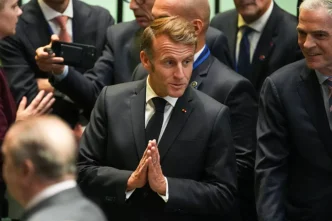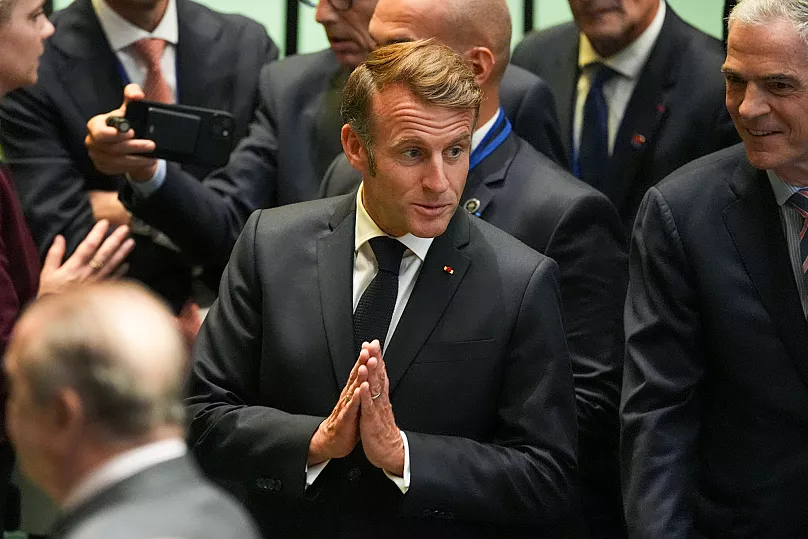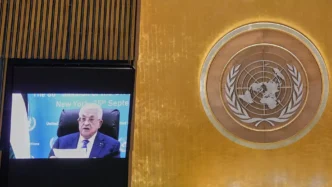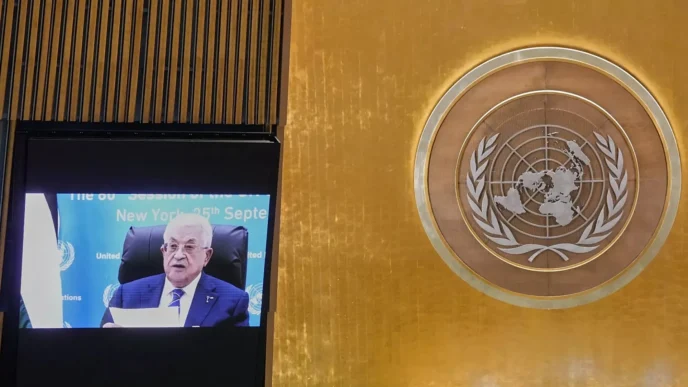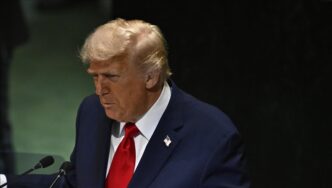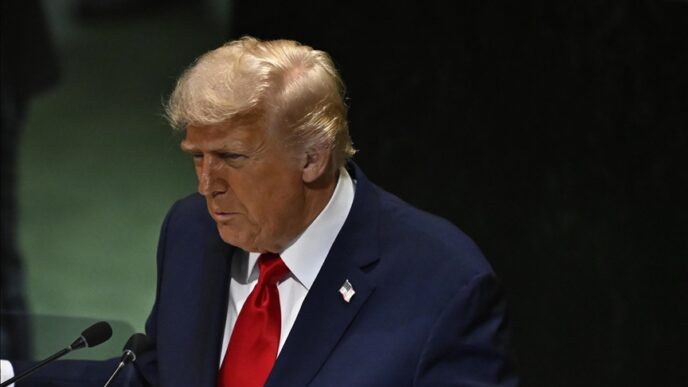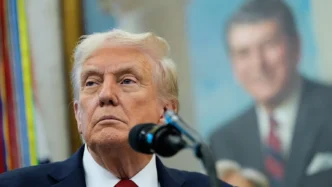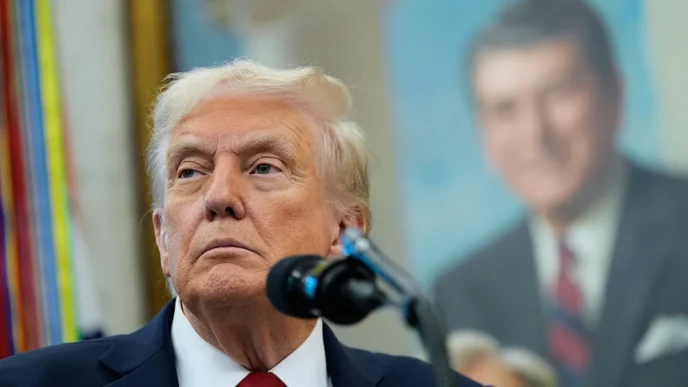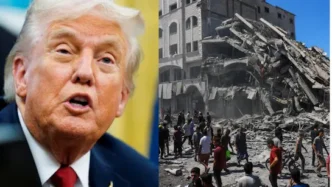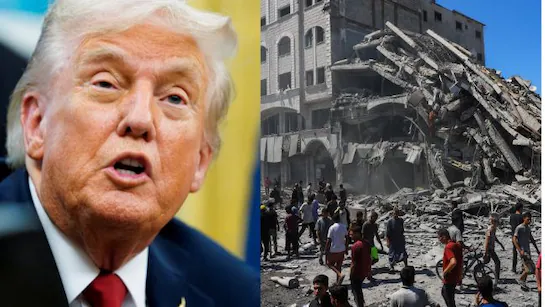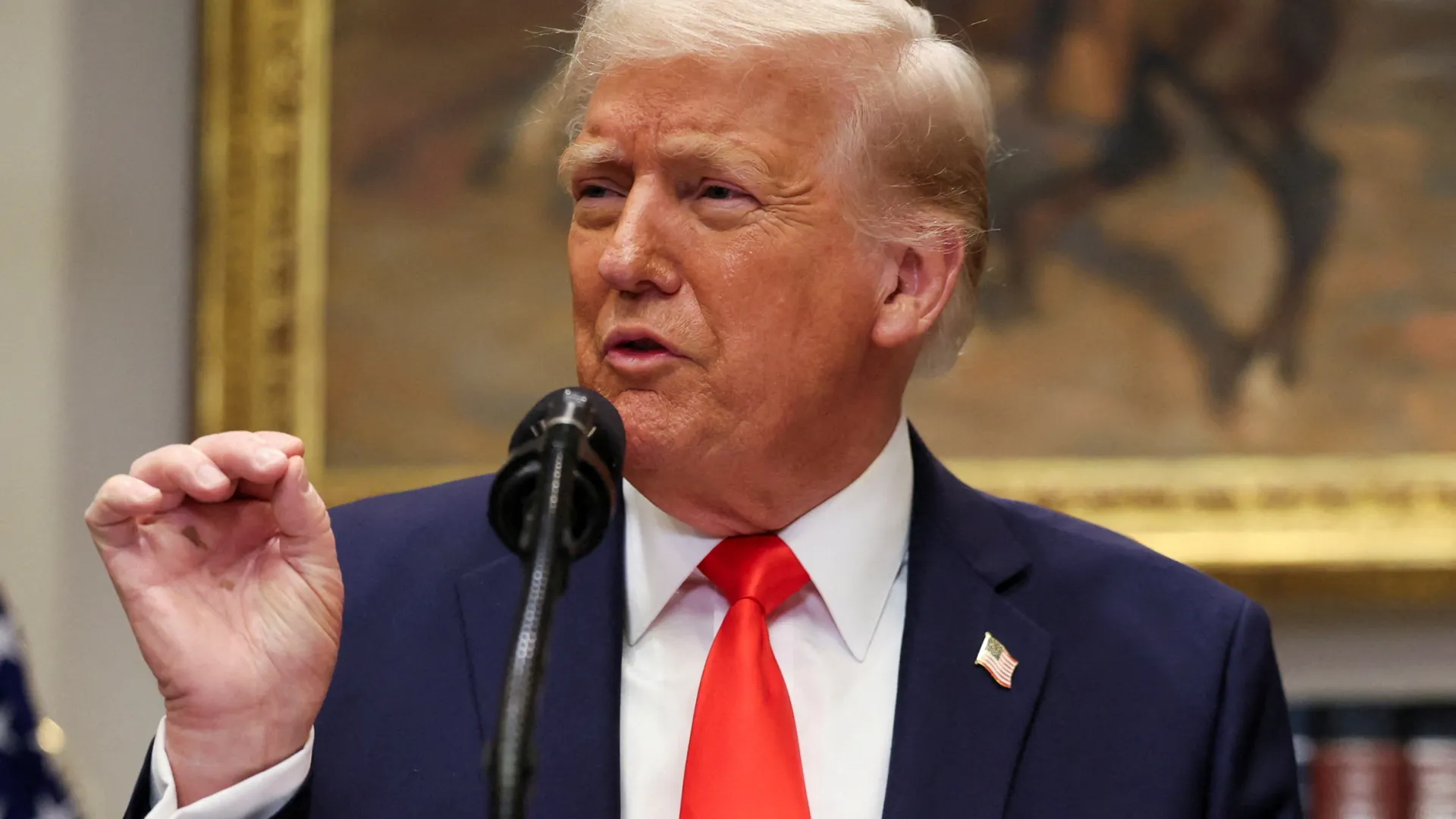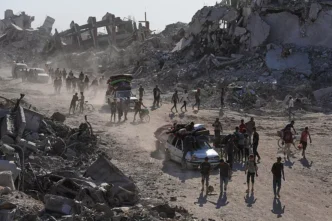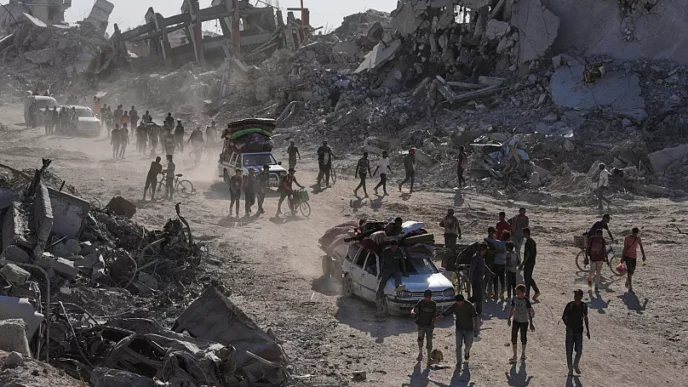In a landmark move that could reshape European diplomacy in the Middle East, France and Belgium have formally recognized the State of Palestine, joining the United Kingdom and Portugal in a growing bloc of European nations that are moving toward official acknowledgment of Palestinian statehood. The decision signals not only a major policy shift within the European Union but also growing impatience with the ongoing stalemate between Israel and the Palestinians.
A Diplomatic Breakthrough
French President Emmanuel Macron, in a speech to the National Assembly, declared that recognition was necessary to “advance peace, justice, and security in the Middle East.” Belgium’s Prime Minister echoed that sentiment, stressing that Palestinians, like Israelis, have the right to self-determination, dignity, and statehood.
Both countries emphasized that their recognition does not undermine Israel’s right to security, but rather reflects their belief that a two-state solution remains the only viable path to lasting peace.
Building Momentum in Europe
The decisions by France and Belgium follow closely behind similar moves by the UK and Portugal, which earlier this year announced their own recognition of Palestine. The coordinated recognition by four major European nations has created new diplomatic momentum and raised questions about whether more EU states will follow.
Spain, Ireland, and several Nordic countries have already expressed support for Palestinian recognition, while Germany and the Netherlands remain cautious, citing concerns about undermining ongoing negotiations.
Israel’s Response
The Israeli government reacted sharply, summoning ambassadors from France and Belgium for urgent consultations. Officials in Jerusalem condemned the recognition as “a dangerous reward for intransigence” and accused European capitals of undermining peace efforts by encouraging unilateral moves.
Israeli Prime Minister Benjamin Netanyahu reiterated that Palestinian statehood must come through direct negotiations, not international declarations.
Palestinian Reaction
For Palestinians, however, the move is being celebrated as a major diplomatic victory. Palestinian Authority President Mahmoud Abbas hailed the recognition as “a historic step toward justice and peace,” while officials in Ramallah urged other EU countries to follow suit.
“This recognition strengthens our position internationally and brings us closer to the dream of an independent state,” a senior Palestinian diplomat said.
Implications for the EU and Beyond
The recognition by four influential European nations may push the EU toward a more unified stance on the Israeli-Palestinian conflict. While the EU has long supported a two-state solution, it has been divided over the timing and method of recognition. France’s decision, in particular, carries significant weight given its historical role in Middle East diplomacy.
The United States, traditionally Israel’s strongest backer, expressed “concern” at the European moves but stopped short of outright condemnation. Washington has maintained that Palestinian statehood must emerge from direct negotiations, though internal debates within the Biden administration reflect growing frustration with the lack of progress on the ground.
The Bigger Picture
The recognition wave also comes amid ongoing violence and instability in the region, where flare-ups in Gaza and the West Bank continue to underline the fragility of the situation. Analysts suggest that Europe’s shift may be aimed at reasserting its diplomatic influence in a conflict long dominated by U.S. mediation.
If more European states follow France, Belgium, the UK, and Portugal, pressure could mount on both Israel and the Palestinians to re-engage in serious negotiations. At the same time, the divide between Western capitals and Israel could deepen, complicating broader geopolitical alignments in the Middle East.
Conclusion
With France and Belgium joining the UK and Portugal, recognition of Palestine is no longer a fringe position in Europe but a mainstream diplomatic trend. The move reflects both growing frustration with the stalled peace process and a desire to reset the terms of international engagement. Whether it will ultimately bring the parties closer to peace—or simply harden positions on both sides—remains to be seen.


